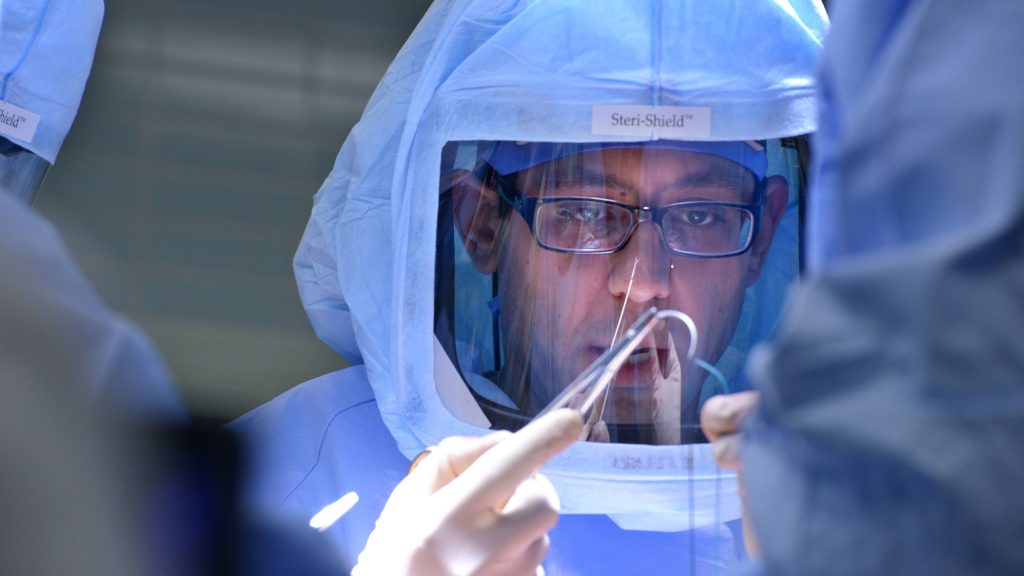-
Mayo Clinic Q&A podcast: Outpatient joint replacement benefits patients

Nationwide, there is a trend in orthopedic surgery to move total joint arthroplasty, commonly known as joint replacement, from inpatient to outpatient surgery. Patients benefit from the shorter hospital stay, and they are more satisfied recovering in the comfort of their own home.
At Mayo Clinic, physicians from orthopedics and anesthesiology have been working together on this initiative as part of the OASIS project. Oasis stands for Orthopedic Surgery and Anesthesiology Surgical Improvements.
"This is a team approach to practice optimization," explains Dr. Hugh M. Smith, a Mayo Clinic anesthesiologist. "One of our first targets was to try to bring down that length of stay."
A decade ago, a patient who had a knee replacement or hip replacement would likely stay in the hospital for a week, says Dr. Smith. Even four years ago, the average hospital stay was around four days. Now some patients are able to go home the same day.
"It's a patient satisfier," says Dr. Matthew Abdel, a Mayo Clinic orthopedic surgeon. "You recuperate with your family. You recuperate in your own home environment. You don't feel like you're institutionalized. You feel like you're a part of a well model of care, not a sick model."
On the Mayo Clinic Q&A podcast, Drs. Abdel and Smith discuss the OASIS project and outpatient arthroplasty.
Watch: Drs. Abdel and Smith discuss outpatient arthroplasty.
For everyone's safety, Mayo Clinic has strict masking policies in place. Anyone shown without a mask was recorded prior to COVID-19 or recorded in an area not designated for patient care, where social distancing and other safety protocols were followed.
For more information and all your COVID-19 coverage, go to the Mayo Clinic News Network and mayoclinic.org.








